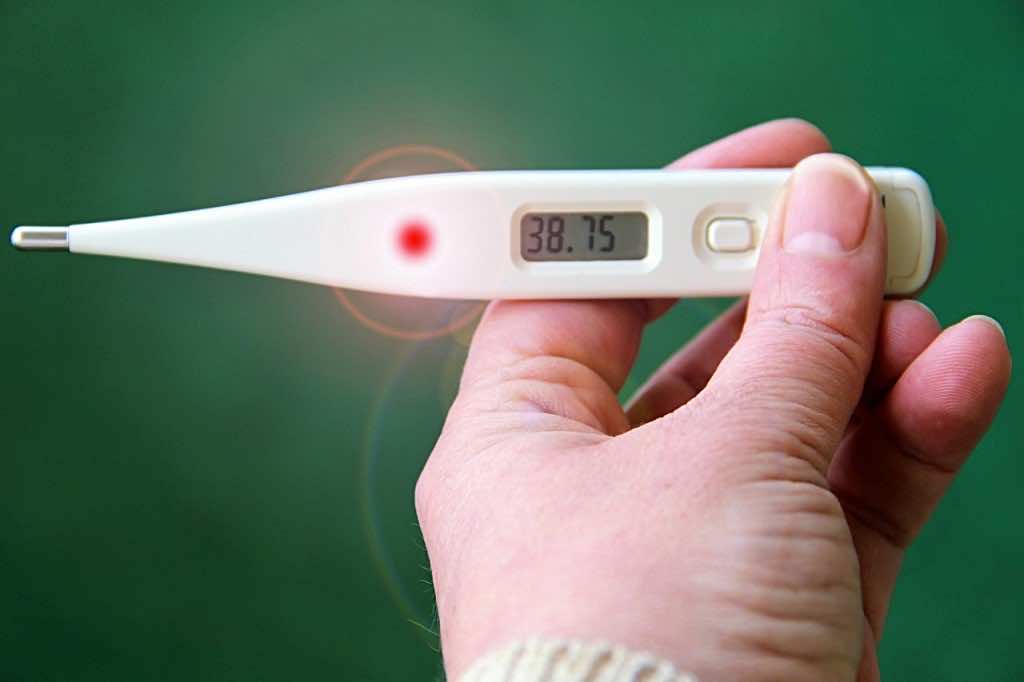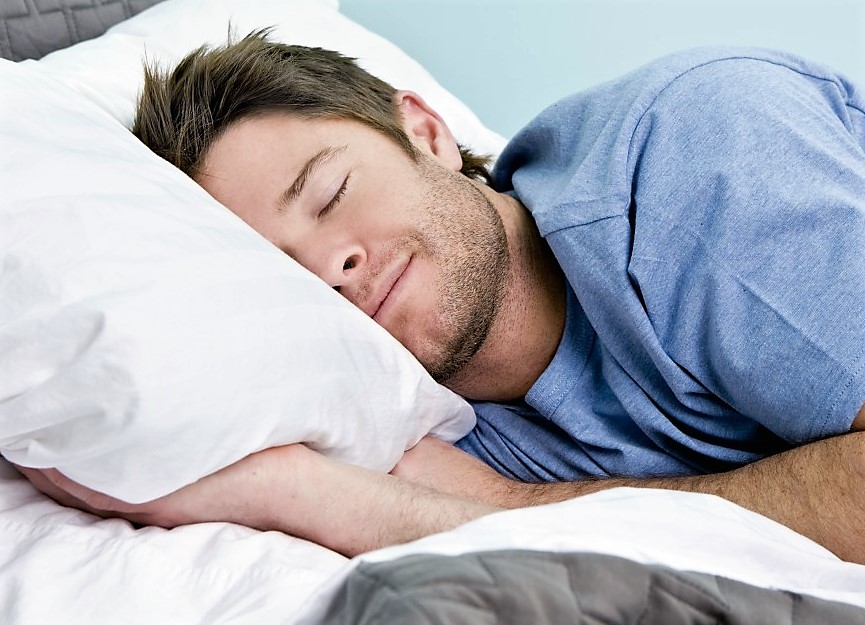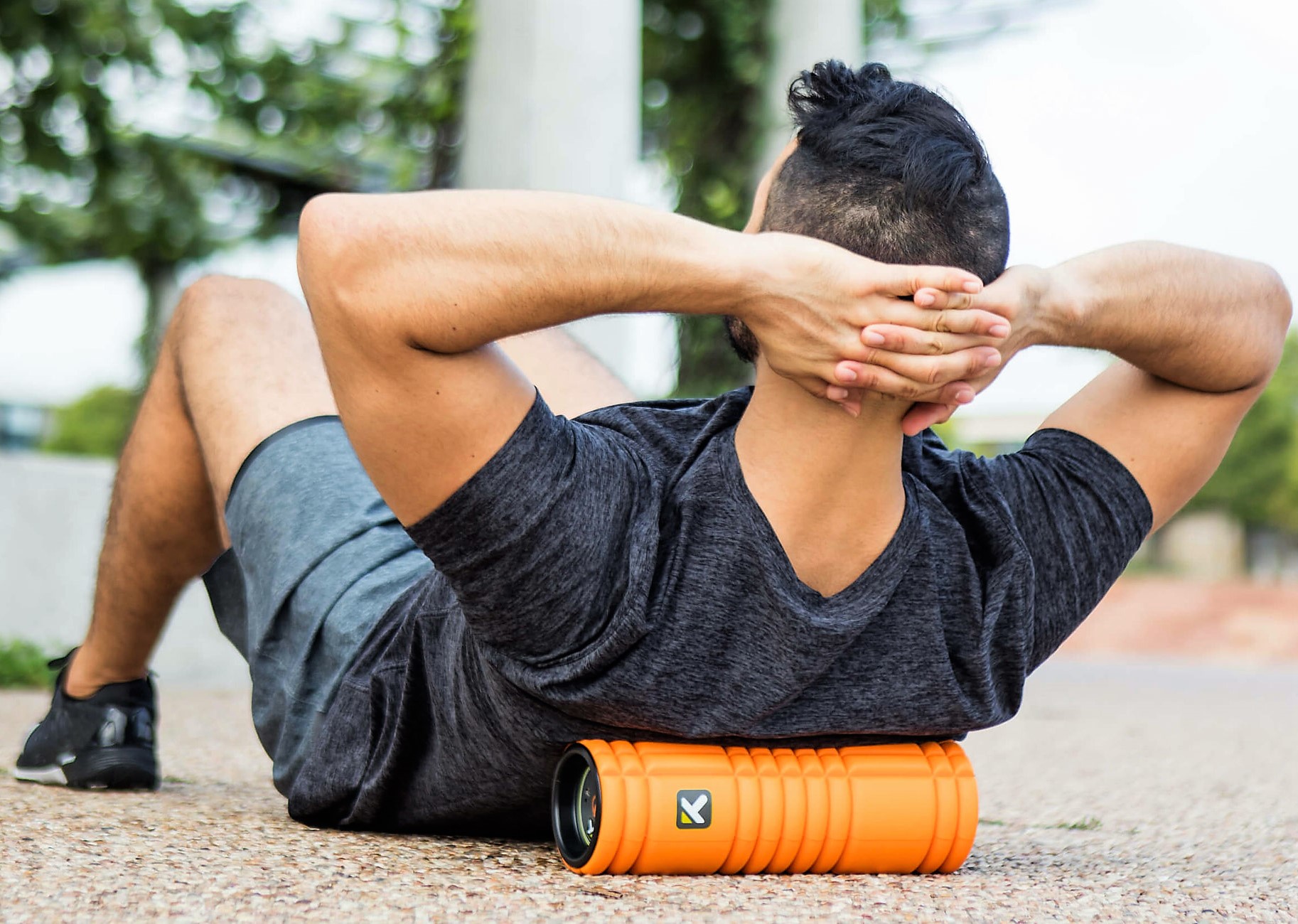As a general rule of thumb, I advise you to avoid powerlifting when sick. Sure, getting your training hours in is important, but if you genuinely feel like crap, chances are that your body is currently busy heavily investing resources in fighting off an infection.
Mild exercise might actually do you some good, or it at least won’t hurt, but a lot of us know that powerlifting is anything but mild. So don’t powerlift. Warmup, do some prehab, work a few accessories, build up a light sweat, then go home and grab something warm to drink.
Light training aside, the most pressing and important issue to address here is obvious: powerlifting when sick during this crisis is ridiculous.
Is There an Ongoing Pandemic?
Over 225,000 people have died due to COVID-19, and these are NOT largely deaths that would’ve happened anyway. This is a serious disease. We should all be in our best shape possible, and that means eating well and sleeping in. A lot of us don’t have the luxury of relying on these two basic immunity-boosting activities due to stuff like asthma, type I diabetes, and a birthdate that occurred before the 1960s, so let’s be courteous and avoid coming into contact with others for a while.
That being said, you should still exercise – even if you’re feeling mild sniffles. Just make sure you:
- Exercise at home
- Keep it really, REALLY mild
- Contact a doctor
Even something that might end up being nothing more than the common cold could end up being a virus that, if spread to others, can claim lives. So even if you live someplace where quarantine measures are currently being slowly lifted, please avoid going to the gym and powerlifting while sick or slightly unwell. That brings me to my next point:
Avoid the Gym While Sick
I subscribe to the idea that the intensity of your symptoms should determine the intensity of your activity. If you’ve got a mild cold, but don’t feel any major sniffles, and don’t have a fever, just go on training as you otherwise would. In my experience, symptoms like this clear up quickly and you’ll feel better as the training session goes on.
If the symptoms are more severe, give training a try but pick something easy. Just work on some bodybuilding accessories, hit the bike for a little while, or warmup and see how things go. Don’t push yourself.
If you’ve got a fever and/or you’re hacking and coughing everywhere, go lie down. Seriously.
But above all else, if you suspect you might be coming down with something, avoid the goddamn gym. You’re not alone, and not everyone at the gym is perfectly healthy. Many people who go work out have preexisting conditions. They might be susceptible to pneumonia. They might be elderly. They might have a weaker heart or immune system. What ends up being a bit of a tough flu for you could end their life. This is an important bit of common courtesy you should remember for long after the corona crisis, especially if you got a gym frequented by the elderly and casual gymgoers, who might not necessarily be in the best shape of their life.
Avoid Training with Gastrointestinal Issues
This one’s a no-brainer. I’ve had training sessions while bloated, and while struggling with mild diarrhea. It’s not fun. It’s especially not fun when you’re meant to be lifting heavy. There’s nothing quite like attempting a heavy lift, and subsequently hitting the bathroom. And I mean that in the most negative way possible.
Not only is your body going to slow digestion to a crawl and generally not give you your best performance, but a lot of the supporting musculature in your abdomen isn’t going to be game for maximum effort lifting. You can consider light training if you really need to get some work in, but keep it minimal, and don’t do anything that’d require a belt. Producing intraabdominal pressure against a belt while bloated is a bit like getting hit in the stomach with a bowling ball after every set. A special kind of pain.
If it’s a one-time thing or generally rare, it might just be a slight stomach bug or something you ate while eating out at a new restaurant. But if you’re finding yourself often bloated and feeling heavy while going to the gym, you might have some undiagnosed food sensitivities. This is a bit like having a food allergy, but much less severe, and instead of swelling, you’re experiencing severe indigestion as a result of certain nutrients that you’re unable to process and breakdown effectively. FODMAPs and gluten are two examples of common digestive tract irritants, and FODMAPs include lactose, fructose, some sources of sucrose, and most sweeteners except stevia and aspartame. Start cutting out foods and reintroduce them slowly until you figure out what’s causing the stomach trouble.
I’m Not a Medical Professional
This deserves its own section and needs to be said. No, I’m not a doctor. I’m not a kinesiologist. Nor am I a registered dietitian. Take what I say with a grain of salt, and disregard it completely if it goes against what your actual doctor has said. I have no idea what kind of disease or condition you have, and there may very well be a long list of hereditary disorders where training while even mildly sick is an absolutely terrible idea (like immunodeficiency and autoimmune disorders, where training can have a positive effect overall, but not while already sick).
If you feel like crap, go visit a medical professional (or given our current crisis, give them a call if they offer telehealth services, stay isolated, and get tested), and don’t try powerlifting while sick.




